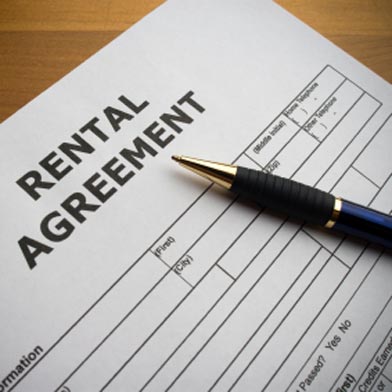Here are some suggestions to help you master the art of documenting and organizing your business now and in the future.
- Document policies and procedures. Write down daily responsibilities, skills needed to complete tasks related to these responsibilities, and the location of all paper and electronic files. Appoint and cross-train backup staff to ensure these daily tasks are done.
- Document your succession plan. It may not be for another 10 or 20 years, but documenting your succession plan is critical for both you as the owner and for your employees. Consider how much longer you plan on owning the business and who you have in mind to take over after you leave. If you currently don’t have a successor in mind, document your plan to either train or find this person(s).
- Document your tax planning strategy. Be aware of possible tax incentives, such as credits for hiring certain workers and accelerated depreciation available for acquiring business assets. For example, for asset purchases, retain receipts and record the purchase details. These details include the type of equipment, the acquisition date, the amount of the purchase, the date you began using the equipment, and a schedule of related set-up costs.
- Organize your daily documents. Organize your desk by shredding documents with sensitive information and scanning older papers into computer files. The most efficient method is to scan, file, and shred as soon as you are finished with a document. If you don’t have time, consider assigning document organization to specific employees and making it a task to be completed on a daily basis.
 You’re busy, and you may feel that organizing your records will take more time than you have available. But spend a minute and consider how using these organizational tips may save you not only time, but money as well.
You’re busy, and you may feel that organizing your records will take more time than you have available. But spend a minute and consider how using these organizational tips may save you not only time, but money as well.


 Renting an apartment or condo, leasing a piece of equipment, renting business property, or leasing a car all involve the common practice of borrowing something that is owned by others. This experience can easily become a nightmare with a bad landlord or if you don’t understand your obligations. In Part 1 of this two-part article, we give you the first three tips to becoming a smarter renter.
Renting an apartment or condo, leasing a piece of equipment, renting business property, or leasing a car all involve the common practice of borrowing something that is owned by others. This experience can easily become a nightmare with a bad landlord or if you don’t understand your obligations. In Part 1 of this two-part article, we give you the first three tips to becoming a smarter renter.